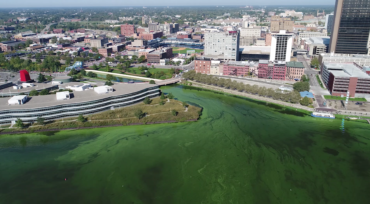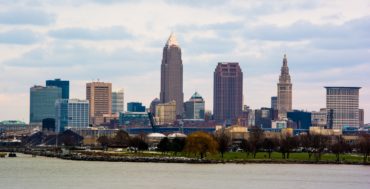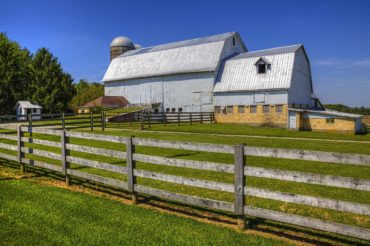-
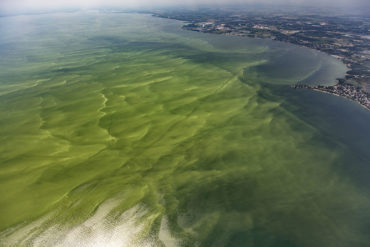
Governor: Ohio plan to clean Lake Erie will work, take time
-Ohio’s new strategy to combat the toxic algae plaguing Lake Erie will focus on reducing agriculture runoff that feeds the yearly outbreaks by offering farmers financial incentives to change their practices, Gov. Mike DeWine said Thursday.
00 -
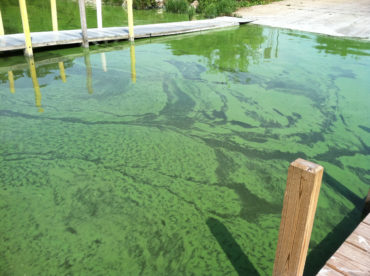
Judge allows lawsuit seeking action on Lake Erie algae
-A federal judge in Ohio says an environmental group pushing for mandatory regulations to prevent toxic algae blooms on Lake Erie can move forward with its lawsuit.
-
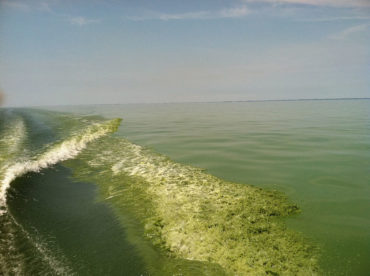
This year’s algae bloom on Lake Erie ranks as fifth largest
-Researchers say the harmful algae bloom on Lake Erie this past summer was the fifth largest since they began ranking them going back to 2002.


